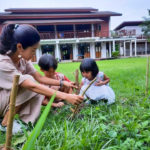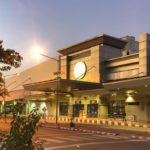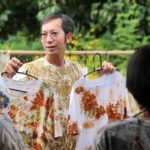
Napapai (Dew) Namprakai
- People
-
Mar 28
- Share post
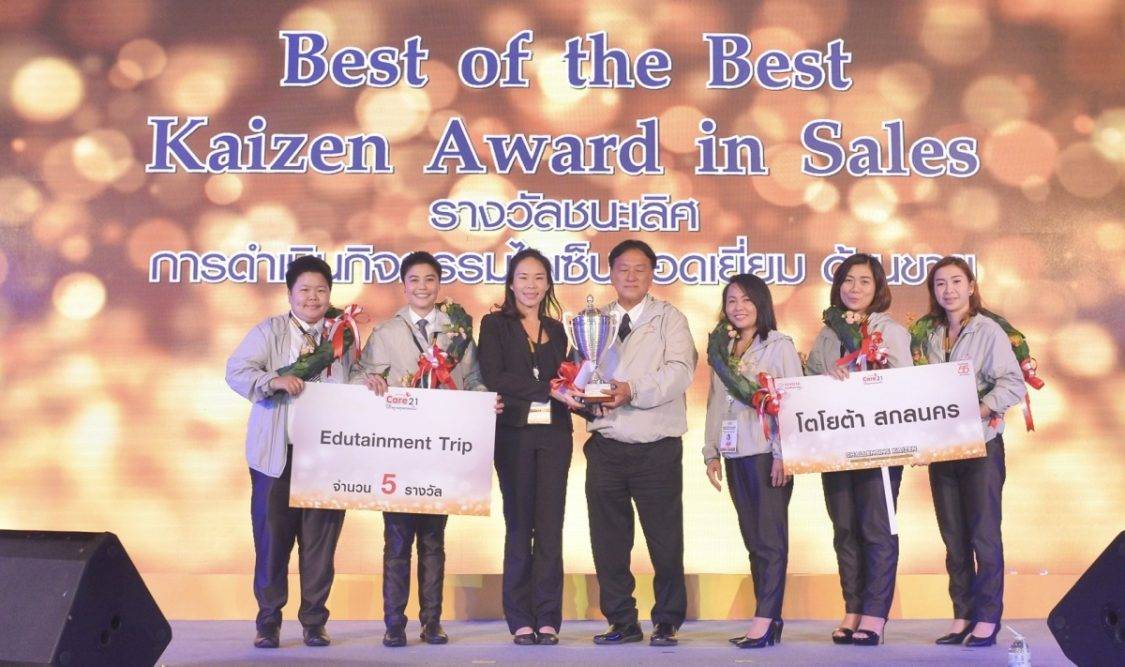
An Interview with Changemaker Napapai (Dew) Namprakai of Sakon Nakhon Toyota
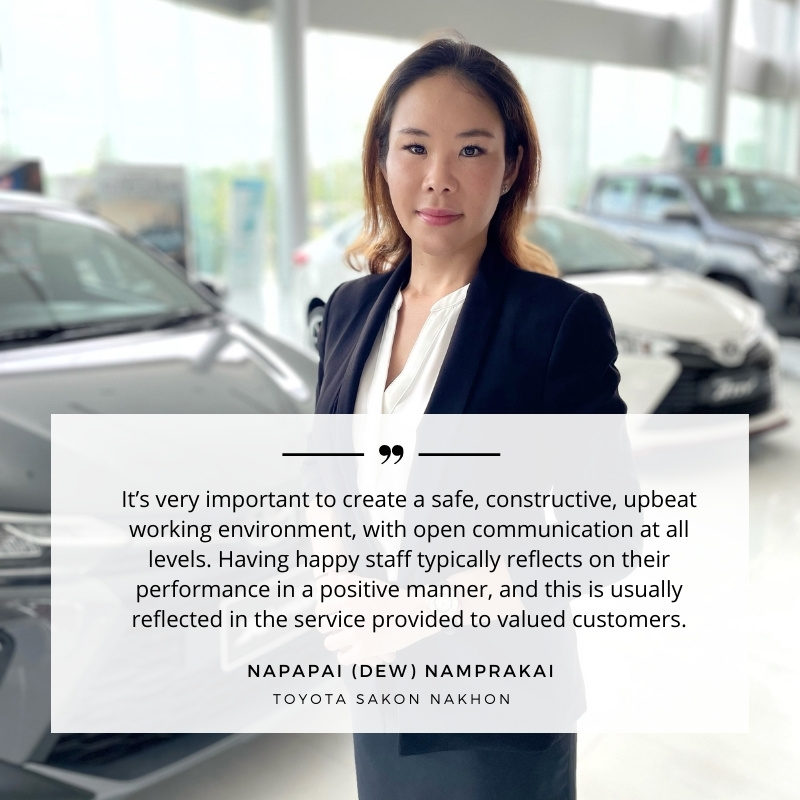
Can you tell me a little about your childhood? Where in Sakon Nakhon did you grow up, what did your parents do, where did you go to school, etc.
Napapai (Dew) Namprakai: I was born and grew up in Sakon Nakhon’s Amphur Muang along with my younger sister and brother.
My formal education started with attending a local Thai school. I transitioned to boarding at international schools at 12 years of age, starting with Universal International School in Khao Yai before relocating to Phuket to study at Dulwich International College, where I remained until I completed my IB Diploma in Year 13. Higher education took me overseas to the Chelsea College of Art & Design in London, followed by The University of New South Wales in Sydney, before completing my Product Design studies at Raffles International College in Bangkok.
The environment that Dulwich International College school, its boarding life and Phuket Island itself, provided a diverse scope of opportunities for me to experience. This ranged from academics and sports to foreign cultures, and its where I discovered my passion for art.
My family has two core businesses in the North East of Thailand. We own and run a Toyota dealership in Sakon Nakhon and DNext Group Real Estate.
Regarding the automobile business, my grandfather, Khun Wimol Namprakai, established Toyota Sakon Nakhon in 1963, and continued running the business until my parents took the reins 30 years later. Next year we will be celebrating our 60th anniversary.
Today, the third generation, which includes myself, are running day-to-day operations at an executive level. I have been focused on the sales and marketing aspects of the company since 2006, shortly after I graduated. Over the years I gained a tremendous amount of experience, and I have been the Director of Sales & Marketing for over a decade.
Where did you learn to speak English? How has your fluency in English helped you in running a Toyota Dealership in Sakon Nakhon?
Dew Namprakai: My parents recognized that having each of their three children study and be immersed in English speaking environments, as well as Thai, would greatly benefit their opportunities further down the road. During my primary school years in Sakon Nakhon, I would take multiple lessons each week with an English tutor. My switch to an international school naturally meant that English was the core of curriculum, with nearly all subjects being taught in English. However, the biggest influence came from being immersed in an English speaking boarding environment which quite simply forced you to speak English.
When it comes to running Toyota Sakon Nakhon, my fluency in English has helped in two ways.
Firstly, as you are aware, Toyota is a Japanese brand, the foreign management of our parent company communicates predominantly in English. Being competent in English makes life considerably easier; discussions are a lot clearer, effective, more constructive and transparent.
Secondly, although our customer base is predominantly Thai, we have foreign customers who don’t speak Thai. Although English may not always be their first language, we have found that in most cases those customers have a basic level of English at the very least. Being fluent in English is certainly most beneficial when it comes to responding to enquiries, dealing with problems, or simply just having a friendly chat.
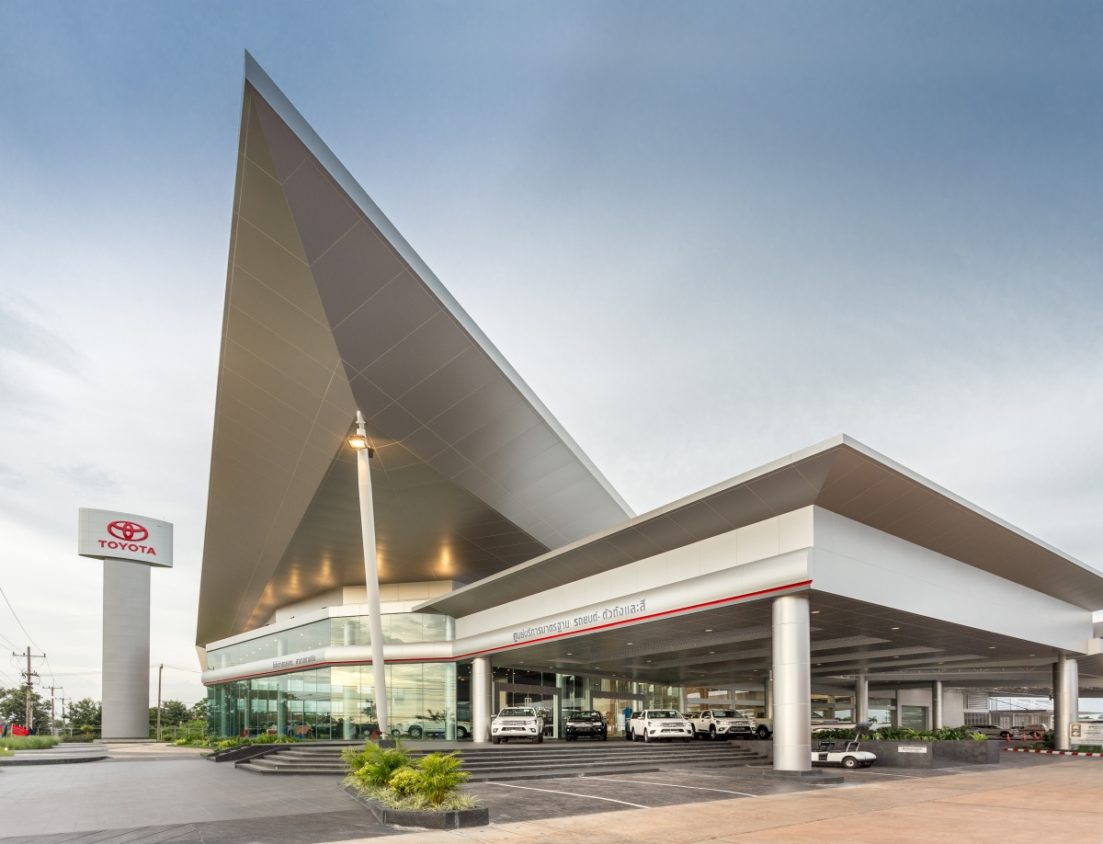
Your Toyota dealership has won several customer service awards. Can you share any tips to other Sakon Nakhon business owners on how to train staff for excellent customer service?
Dew Namprakai: Toyota Sakon Nakhon has won multiple awards over the years. My recommendation would be to start with a solid, comprehensive plan of what you want to achieve. This plan should include standard operating procedures (SOP’s) for each process, and recruiting or assigning the right people/persons for the right job/jobs, while also providing any necessary resources and training for those individuals to perform the tasks required. Monitor performance, analyze customer feedback, and then look to implement a continuous improvement philosophy.
Mistakes will be made along the way, correct them, apply measures that will prevent them from reoccurring and ultimately learn from them. It’s also very important to create a safe, constructive, upbeat working environment, with open communication at all levels. Having happy staff typically reflects on their performance in a positive manner, and this is usually reflected in the service provided to valued customers.
In addition to new Toyota vehicles, you sell used cars through the Toyota Sure division. What are the top benefits of buying a used car through Toyota Sure, and what kinds of vehicles are available? Will you search for a special type of used car for customers?
Dew Namprakai: Toyota Sakon Nakhon offers certified used cars by Toyota Motor Thailand. The benefits of these vehicles are that they have a full-service history and best price guaranteed. We liaise with finance companies that support customers directly when purchasing. It’s a very easy sell and buy process for customers.
Passenger cars and pick-up trucks are our most common vehicles, although other commercial vehicles such as vans can be sourced.
Toyota Sure will also buy and sell used cars from other brands, and we offer refinance options on customers’ current vehicles.
In addition to the above, we also offer a trade in option where customers can trade in their current vehicle as part exchange with a new Toyota vehicle of your choice.
We can source vehicles as per customers specific requests.
Do you have any English speaking sales staff, should a foreigner in Sakon Nakhon (or neighboring province) visit your dealership looking to buy a car?
Dew Namprakai: Yes, some of our staff can communicate in basic English and can explain general information about the vehicles we sell and the financial process to foreign customers.
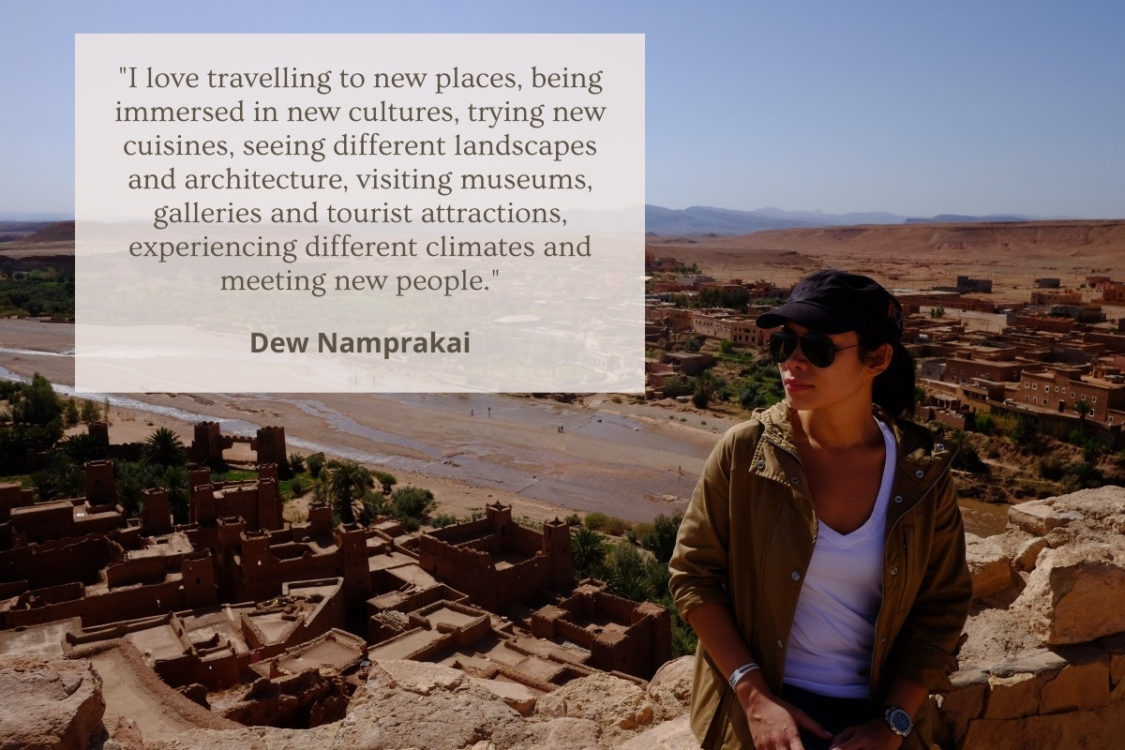
You have done a lot of international traveling. What is your favorite country to visit and what makes that place special to you?
Dew Namprakai: Growing up surrounded by friends of many nationalities, coming from a variety of different countries, made me want to explore the world when I was old enough to travel independently. I love travelling to new places, being immersed in new cultures, trying new cuisines, seeing different landscapes and architecture, visiting museums, galleries and tourist attractions, experiencing different climates and meeting new people.
My favorite place is South Africa, in particular the national parks. Being close to nature, getting up close to the wildlife and socializing with the local people and experiencing their culture is just amazing. African tribes are very interesting, the language they speak is fascinating, particularly the Bushman languages. I love their arts and local foods.
As a mother of bi-lingual children, can you offer Sakon Nakhon parents any tips for raising a child to be bi-lingual? Were there any problems you encountered, and, if so, how did you overcome them?
Dew Namprakai: Myself and my husband have three children, each are bi-lingual. Our family situation has helped as my husband is a native English speaker, so at home, dinner times, free time, etc., we all tend to communicate in English, so this has helped tremendously with our children’s language development. Each of our children attended Thai school for their first 5 years in formal education, and this has provided a solid foundation with Thai language as well.
In terms of advice, I would certainly recommend having formal English lessons 3-4 times per week. Focusing on speaking skills rather than heavy reading and writing lessons is far more effective for younger children. Obviously, reading and writing come later. In addition, exposing children to English speaking environments or clubs if they are available, or perhaps watching English speaking education TV shows on a regular basis. If parents could possibly read English books to their children, for example bedtime stories, or something simple yet engaging, this is fantastic for beginner level development. Getting children involved in the stories really helps, getting reactions from them, and ensuring they understand what is happening with the story. Our family has always emphasized on reading in both Thai and English.
The more the children are immersed in a language environment, the quicker they will learn. I also think the younger the child start, the quicker the language will be absorbed.
I wouldn’t say we encountered any significant problems, but I do think it’s important to have a healthy balance between both Thai and English.
Suggest an Interview
Do you know a leading Sakon Nakhon entrepreneur, educator, or professional that we should interview? Contact us below with your suggestion.
- Affirmations in Buddhism & Thailand - June 7, 2025
- Speak Thai Naturally Without the Gymnastics - April 20, 2025
- The Best Learn Thai Podcast and YouTube Channel - April 10, 2025

